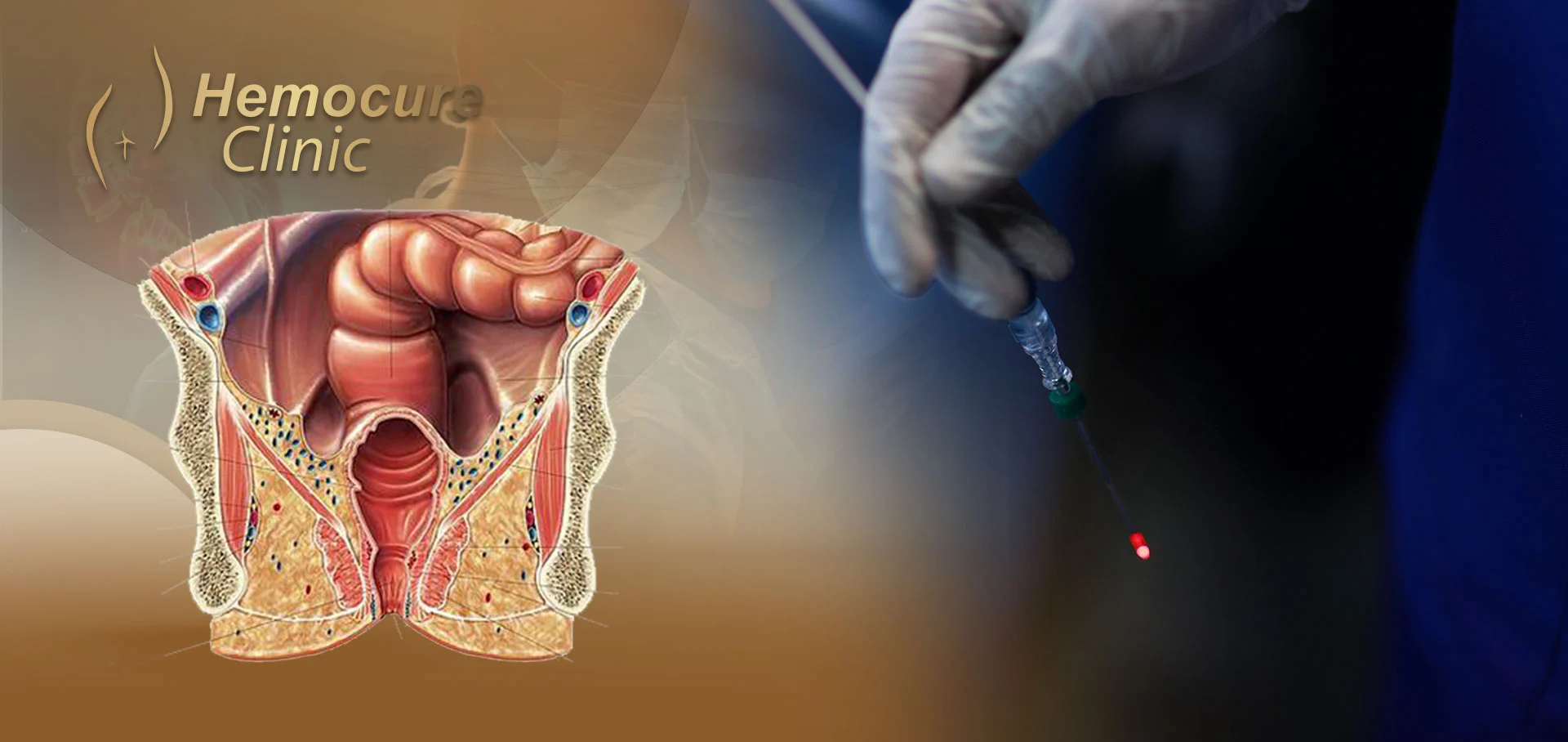What's the Best Way to Prevent Hemorrhoids and Anal Fissures?

Lower digestive system issues, especially anal conditions like hemorrhoids and anal fissures, have become increasingly common among many people, both young and old. This might be due to neglecting water intake, eating unhealthy foods, sitting for long hours without movement, or even ignoring minor symptoms that appear.
This article aims to simply explain how you can protect yourself from developing hemorrhoids or anal fissures, without complex medical terms, and in a way that’s practical for your daily life.
First: What's the Difference Between Hemorrhoids and Anal Fissures?
-
Hemorrhoids: These are swollen blood vessels in the anal and rectal area, causing pain, itching, or sometimes bleeding.
-
Anal Fissures: This is a small tear in the lining of the anal opening, causing severe pain especially during or after bowel movements, and it might lead to minor bleeding.
Second: Common Causes for Both Issues
Several factors increase the risk of developing both hemorrhoids and anal fissures. The most prominent include:
-
Chronic constipation
-
Prolonged sitting
-
Straining excessively during bowel movements
-
Insufficient water intake
-
Diet lacking in fiber
-
Pregnancy and childbirth in women
-
Neglecting hygiene or proper drying after bowel movements
Third: Simple Prevention Tips
To maintain digestive health and prevent these problems, follow these tips:
-
Drink Enough Water: Your body needs about 2 to 3 liters of water daily. Not drinking enough water causes constipation, and constipation is the number one enemy of hemorrhoids and fissures.
-
Tip: Always carry a water bottle with you and drink small amounts every hour.
-
-
Increase Fiber in Your Diet: Fiber makes stool softer and easier to pass.
-
Fiber-rich foods: Vegetables (cucumber, carrots, spinach), fruits (apples, oranges, bananas), whole grains (oats, whole-wheat bread, lentils).
-
-
Reduce Constipating Foods: Like fast food, fatty foods, white starches, and processed meats. These foods slow down digestion and make stool hard.
-
Daily Movement is Important: Whether it’s exercising or just walking for half an hour every day. Movement stimulates the intestines and prevents constipation.
-
Don't Delay Bathroom Trips: As soon as you feel the urge to have a bowel movement, go to the bathroom immediately. Delaying makes stool harder, increasing the chance of developing fissures.
-
Proper Sitting Posture on the Toilet: Always keep your feet slightly elevated on a small stool. This position helps facilitate bowel movements.
-
Limit Your Time in the Bathroom: Don't sit on the toilet for more than 5 minutes. Don't take your phone with you! Sitting for too long puts pressure on blood vessels.
-
Clean the Area Well and Gently: Hygiene after bowel movements is very important, but without harshness. Use soft wipes or lukewarm water, and gently pat the area dry.
-
Avoid Straining During Bowel Movements: If you feel like you’re straining hard during a bowel movement, your body is telling you something is wrong. Increase your water intake and add more fiber to your diet.
-
If You Feel Any Symptoms, Don't Stay Silent!: Bleeding, pain after using the bathroom, or an unusual itching sensation require a doctor's visit. Early diagnosis saves you a lot of trouble.
Fourth: Are There Any Medications or Creams I Can Use?
If minor symptoms appear, you might use topical creams after consulting a doctor. But remember that treatment alone may not be enough without changing your lifestyle.
Fifth: Can We Prevent It Completely?
Nothing is 100% guaranteed, but adhering to the above tips significantly reduces the chances of developing hemorrhoids or fissures. Even if you've been treated before, you must maintain these habits to avoid recurrence.
Conclusion – Article Summary:
Hemorrhoids and anal fissures are among the most common anal conditions, and their occurrence is linked to unhealthy daily habits such as constipation, lack of movement, and poor nutrition. They can be prevented by drinking enough water, eating fiber, exercising, and avoiding straining during bowel movements. Furthermore, paying attention to personal hygiene and promptly responding to any early symptoms helps reduce the chances of the problem escalating. Prevention is always easier than cure, and a healthy lifestyle is the first line of defense against these conditions.
 English
English
 العربية
العربية

Comments
Add New Comment